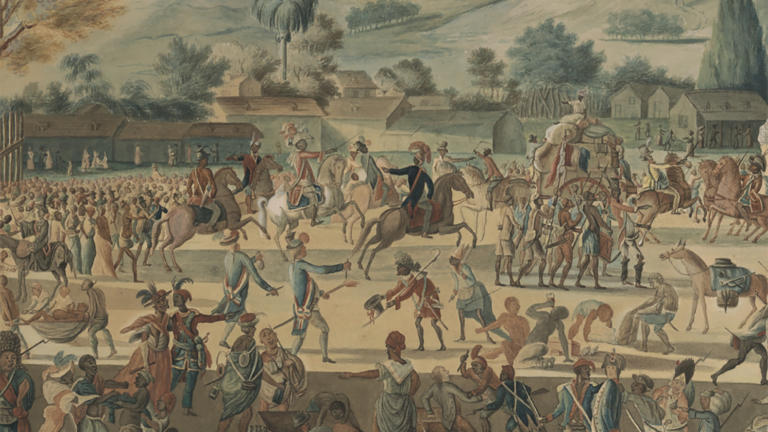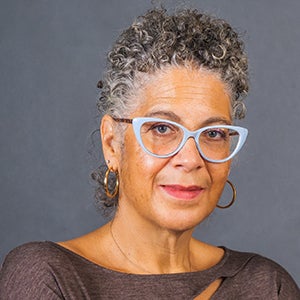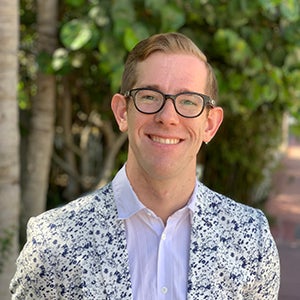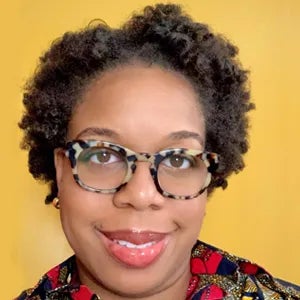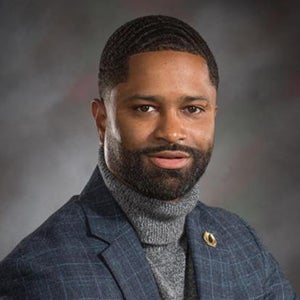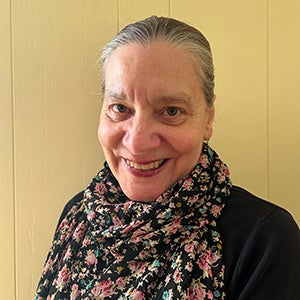The WMQ-EMSI Workshop Series is designed to identify and encourage new trends in our understanding of the history and culture of early North America. It fosters intellectual exchange among scholars working on thematically related topics that may be chronologically, geographically, or methodologically diverse. The participants are primarily mature scholars working on second or subsequent book projects; they share their works in progress with the aim of deepening and enriching their perspectives, their approaches, and ultimately the final products of their research.
Resisting Enslavement in Vast Early America
Convener: Jennifer L. Morgan, New York University
May 31 & June 1, 2024
Huntington Library
1151 Oxford Road, San Marino, CA
Stewart R. Smith Board Room
See the program for the full schedule.
Register to attend and receive the pre-circulated readings.
The histories of Black people in vast early America are grounded in refusal. Men, women, and children of African descent refused to accept the logics and realities of racial hierarchy; they denied that their lives were only meaningful to the extent that they could enrich others, that their connections to one another were meaningless, and that they brought nothing across the Atlantic and built nothing once they arrived. This consistent and multifaceted refusal is at the core of the evidence that scholars of race, slavery, and the Atlantic world mobilize—often under the heading of “resistance”—to understand the alternative worlds that enslaved people imagined and created.
And yet, questions remain. In the context of the histories of slavery, what does “resistance” mean? How has the concept—long deployed by scholars of slavery and the Black Atlantic—shifted and been refined over time? What does it mean to situate such a broad category in the context of the equally capacious notion of vast early America? And how does our understanding of resistance change when we connect the histories of Indigenous enslavement and African enslavement? The WMQ-EMSI Workshop aims to bring together scholars from history and related disciplines who consider both traditional examples of resistance—runaways and revolts—and who problematize and reconsider the category of resistance by centering strategies of refusal found in language, cultural practices, family formation, cosmologies, and knowledge generation. The workshop will take a broad view of the subject matter, and we are particularly interested in exploring connections and exchanges between Indigenous and Afro-Atlantic individuals and communities.
Participants
“The Itineraries: Knowledge, Sovereignty, and Freedom in the Eighteenth-Century Northeast”
“‘Trying Their New Master’: Resistance in the British West Indies”
“Freedom’s Ensemble: Slavery, Abduction, and Belonging in the Atlantic World, 1750–1860”
“Fugitive Cosmopolitans: Mobility and Freedom Struggles Among Black Atlantic Subjects”
“The Political Economy of Marronage in History: A View from the Archives”
“‘We Came in Search of Freedom’: The Roots of the Spanish Sanctuary”
“Knowledge is Survival: Black Explorers and the Intellectual History of Resistance”
“‘His Master’s Grace’: Extrajudicial Violence and Strategies for Mercy in French Atlantic Slave Societies”
Image: detail from Le Pillage du Cap, révolte de Saint-Domingue, 1793. Courtesy of the Duke University Libraries Digital Collections.
